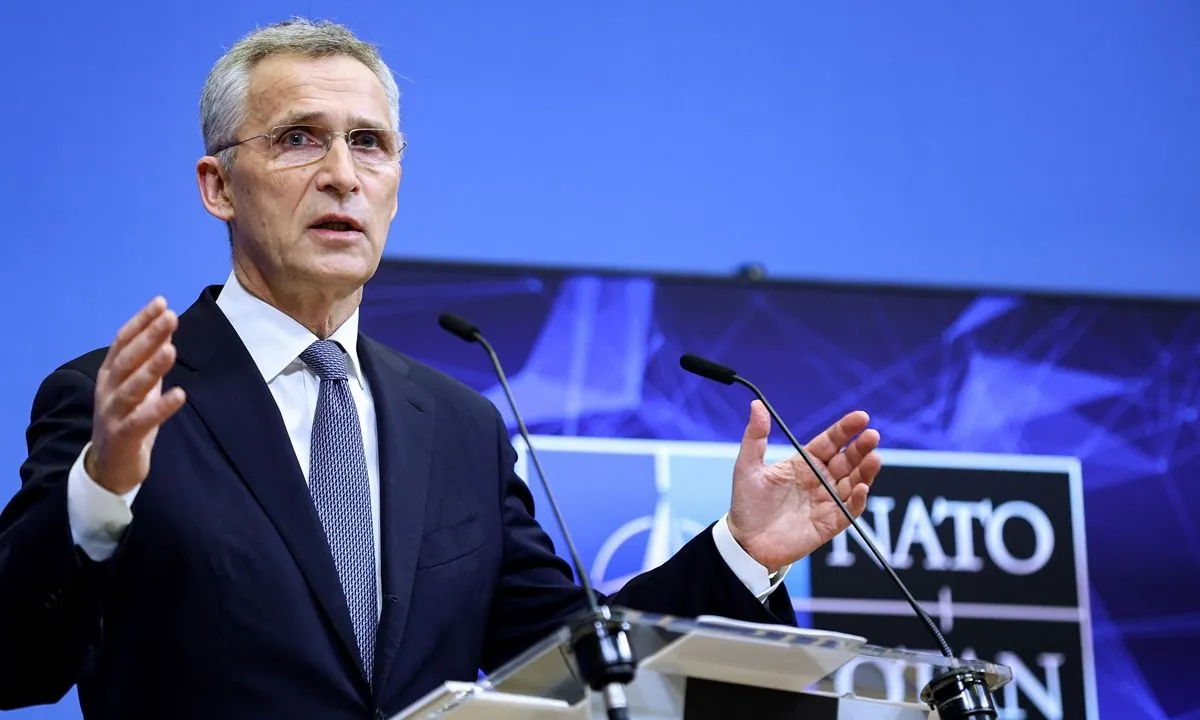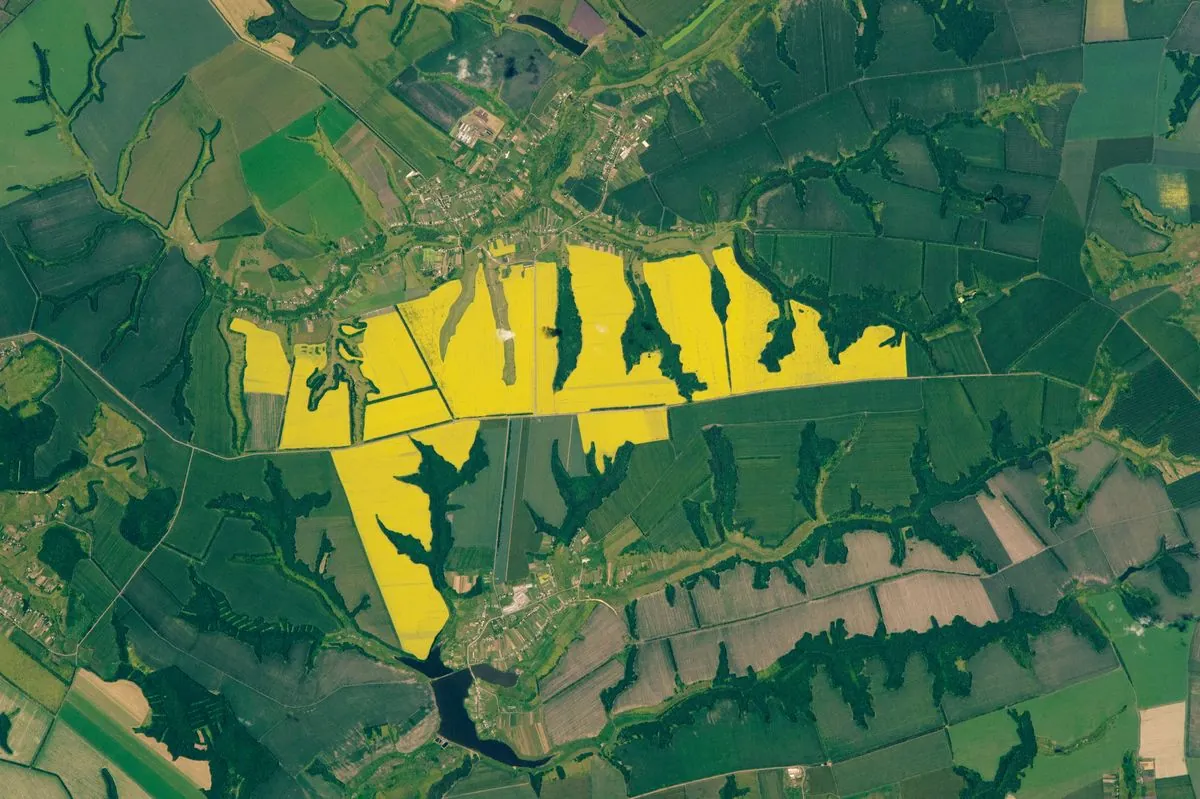NATO Chief Backs Ukraine's Incursion into Russian Territory as Self-Defense
NATO Secretary-General Jens Stoltenberg supports Ukraine's military operation in Russia's Kursk region, citing the right to self-defense. The incursion aims to create a buffer zone against Russian attacks.

In a significant development in the ongoing Russia-Ukraine conflict, Jens Stoltenberg, NATO Secretary-General, has expressed support for Ukraine's recent military operation in Russia's Kursk region. Speaking to German weekly Welt am Sonntag, Stoltenberg emphasized Ukraine's right to self-defense, stating that this right extends beyond its borders under international law.
The incursion into the Kursk region, which began on August 6, 2023, marks a notable escalation in the conflict that has been ongoing since 2014. This operation represents Ukraine's first major cross-border action into Russian territory since the full-scale invasion began on February 24, 2022.
Volodymyr Zelenskyy, President of Ukraine, has clarified that the operation's objective is to establish a buffer zone to prevent further Russian attacks across the border. Stoltenberg acknowledged the risks associated with such an operation but maintained that the decision on how to defend itself ultimately rests with Ukraine.
"Ukraine has a right to defend itself. And according to international law, this right does not stop at the border."
It's important to note that NATO was not informed about Ukraine's plans beforehand and did not play a role in the operation. This aligns with Ukraine's status as a partner country rather than a full NATO member, a relationship formalized through the NATO-Ukraine Commission established in 1997.
The incursion was a topic of discussion at a recent NATO-Ukraine Council meeting, which was requested by Kyiv in response to Moscow's intensified air attacks. This council, established at the 2023 Vilnius Summit, serves as a platform for closer coordination between NATO and Ukraine.

The Kursk region, known for its rich black soil and agricultural production, has historical significance as the site of a major tank battle during World War II in 1943. Its proximity to Ukraine and strategic importance make it a crucial area in the current conflict.
Russia has labeled the Kursk operation a "major provocation" and threatened retaliation. Meanwhile, Russian forces continue to advance towards the strategic hub of Pokrovsk in eastern Ukraine, highlighting the ongoing intensity of the conflict on multiple fronts.
As the situation develops, the international community watches closely. The conflict, which began with Russia's annexation of Crimea in 2014, has now entered a new phase with this cross-border operation. The NATO-Ukraine Council, established last year, continues to play a crucial role in coordinating responses and strategies in this complex geopolitical landscape.


































